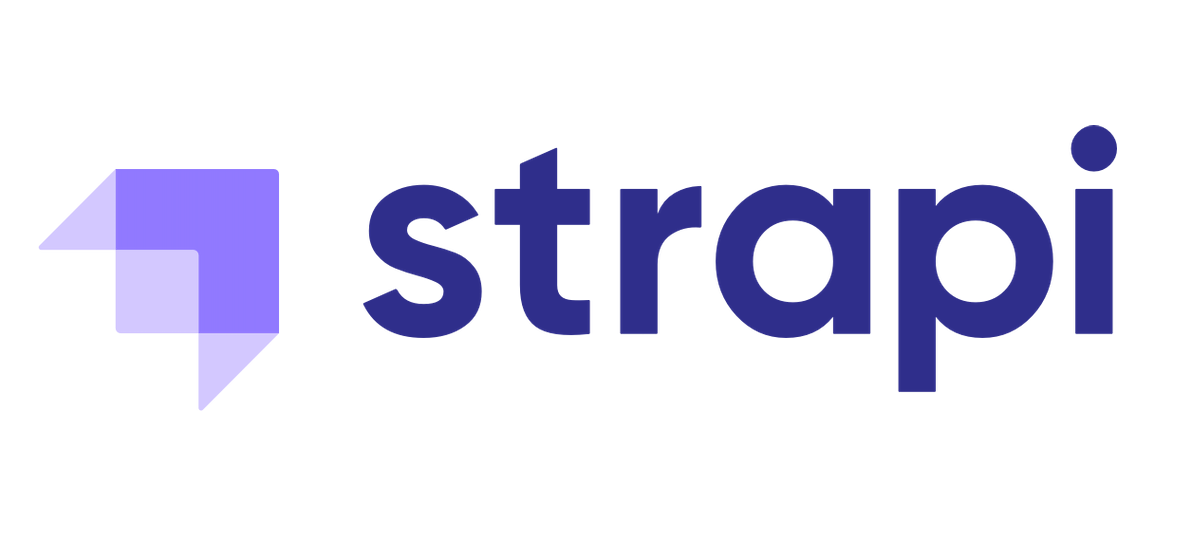Sindre's open source work is supported by the community.
Special thanks to:

Human-friendly and powerful HTTP request library for Node.js
See how Got compares to other HTTP libraries
You probably want Ky instead, by the same people. It's smaller, works in the browser too, and is more stable since it's built upon Fetch.
Support questions should be asked here.
npm install gotWarning: This package is native ESM and no longer provides a CommonJS export. If your project uses CommonJS, you will have to convert to ESM. Please don't open issues for questions regarding CommonJS / ESM.
Got v11 is no longer maintained and we will not accept any backport requests.
A quick start guide is available.
Got has a dedicated option for handling JSON payload.
Furthermore, the promise exposes a .json<T>() function that returns Promise<T>.
import got from 'got';
const {data} = await got.post('https://httpbin.org/anything', {
json: {
hello: 'world'
}
}).json();
console.log(data);
//=> {"hello": "world"}For advanced JSON usage, check out the parseJson and stringifyJson options.
For more useful tips like this, visit the Tips page.
By default, Got will retry on failure. To disable this option, set options.retry.limit to 0.
got4aws- Got convenience wrapper to interact with AWS v4 signed APIsgh-got- Got convenience wrapper to interact with the GitHub APIgl-got- Got convenience wrapper to interact with the GitLab APIgotql- Got convenience wrapper to interact with GraphQL using JSON-parsed queries instead of stringsgot-fetch- Got with afetchinterfacegot-scraping- Got wrapper specifically designed for web scraping purposesgot-ssrf- Got wrapper to protect server-side requests against SSRF attacks
got |
node-fetch |
ky |
axios |
superagent |
|
|---|---|---|---|---|---|
| HTTP/2 support | ✔️¹ | ❌ | ❌ | ❌ | ✔️** |
| Browser support | ❌ | ✔️* | ✔️ | ✔️ | ✔️ |
| Promise API | ✔️ | ✔️ | ✔️ | ✔️ | ✔️ |
| Stream API | ✔️ | Node.js only | ❌ | ❌ | ✔️ |
| Pagination API | ✔️ | ❌ | ❌ | ❌ | ❌ |
| Request cancelation | ✔️ | ✔️ | ✔️ | ✔️ | ✔️ |
| RFC compliant caching | ✔️ | ❌ | ❌ | ❌ | ❌ |
| Cookies (out-of-the-box) | ✔️ | ❌ | ❌ | ❌ | ❌ |
| Follows redirects | ✔️ | ✔️ | ✔️ | ✔️ | ✔️ |
| Retries on failure | ✔️ | ❌ | ✔️ | ❌ | ✔️ |
| Progress events | ✔️ | ❌ | ✔️*** | Browser only | ✔️ |
| Handles gzip/deflate | ✔️ | ✔️ | ✔️ | ✔️ | ✔️ |
| Advanced timeouts | ✔️ | ❌ | ❌ | ❌ | ❌ |
| Timings | ✔️ | ❌ | ❌ | ❌ | ❌ |
| Errors with metadata | ✔️ | ❌ | ✔️ | ✔️ | ❌ |
| JSON mode | ✔️ | ✔️ | ✔️ | ✔️ | ✔️ |
| Custom defaults | ✔️ | ❌ | ✔️ | ✔️ | ❌ |
| Composable | ✔️ | ❌ | ❌ | ❌ | ✔️ |
| Hooks | ✔️ | ❌ | ✔️ | ✔️ | ❌ |
| Issues open |  |
 |
 |
 |
 |
| Issues closed |  |
 |
 |
 |
 |
| Downloads |  |
 |
 |
 |
 |
| Coverage | TBD |  |
 |
 |
 |
| Build |  |
 |
 |
||
| Bugs |  |
 |
 |
 |
 |
| Dependents | |||||
| Install size | |||||
| GitHub stars |  |
 |
 |
 |
 |
| TypeScript support | |||||
| Last commit |  |
 |
 |
 |
 |
* It's almost API compatible with the browser fetch API.
** Need to switch the protocol manually. Doesn't accept PUSH streams and doesn't reuse HTTP/2 sessions.
*** Currently, only DownloadProgress event is supported, UploadProgress event is not supported.
¹ Requires Node.js 15.10.0 or above.
❇️ Almost-stable feature, but the API may change. Don't hesitate to try it out!
❔ Feature in early stage of development. Very experimental.
Click here to see the install size of the Got dependencies.
 |
 |
|---|---|
| Sindre Sorhus | Szymon Marczak |

|

|

|

|
|
|
|

|

|

|

|

|
Segment is a happy user of Got! Got powers the main backend API that our app talks to. It's used by our in-house RPC client that we use to communicate with all microservices.
Antora, a static site generator for creating documentation sites, uses Got to download the UI bundle. In Antora, the UI bundle (aka theme) is maintained as a separate project. That project exports the UI as a zip file we call the UI bundle. The main site generator downloads that UI from a URL using Got and streams it to vinyl-zip to extract the files. Those files go on to be used to create the HTML pages and supporting assets.
GetVoIP is happily using Got in production. One of the unique capabilities of Got is the ability to handle Unix sockets which enables us to build a full control interfaces for our docker stack.
We're using Got inside of Exoframe to handle all the communication between CLI and server. Exoframe is a self-hosted tool that allows simple one-command deployments using Docker.
Karaoke Mugen uses Got to fetch content updates from its online server.
Renovate uses Got, gh-got and gl-got to send millions of queries per day to GitHub, GitLab, npmjs, PyPi, Packagist, Docker Hub, Terraform, CircleCI, and more.
Resistbot uses Got to communicate from the API frontend where all correspondence ingresses to the officials lookup database in back.
Natural Cycles is using Got to communicate with all kinds of 3rd-party REST APIs (over 9000!).
Microlink is a cloud browser as an API service that uses Got widely as the main HTTP client, serving ~22M requests a month, every time a network call needs to be performed.
We’re using Got at Radity. Thanks for such an amazing work!
Got has been a crucial component of Apify's scraping for years. We use it to extract data from billions of web pages every month, and we really appreciate the powerful API and extensibility, which allowed us to build our own specialized HTTP client on top of Got. The support has always been stellar too.

